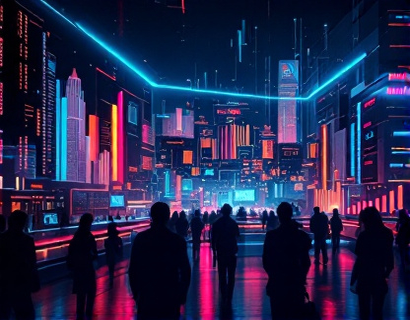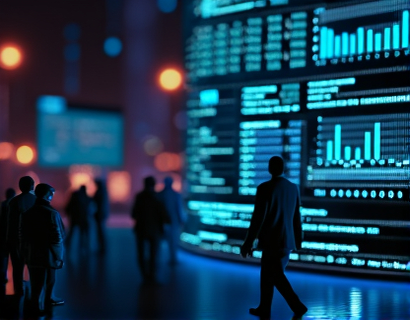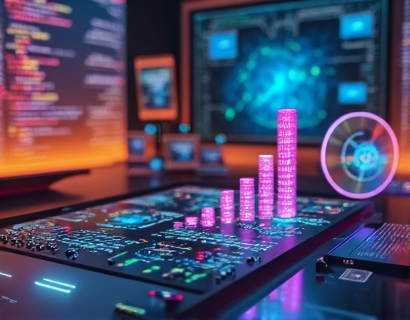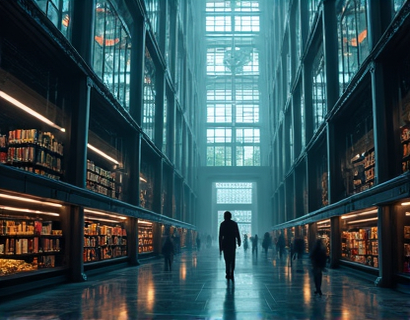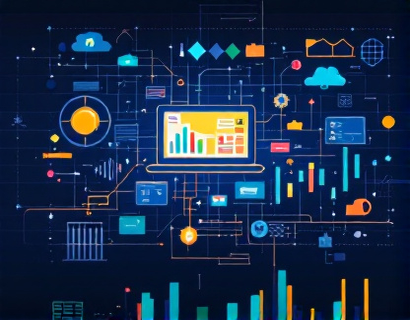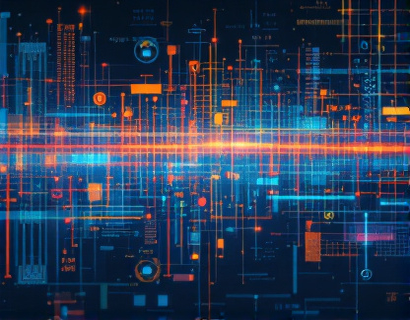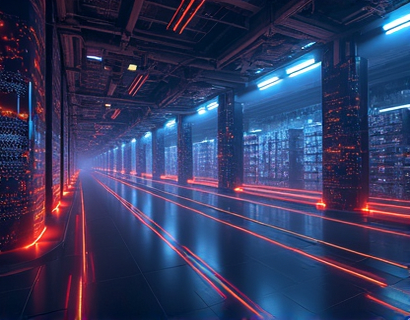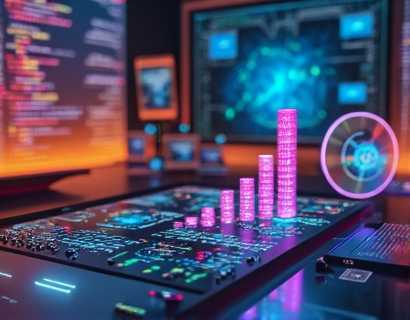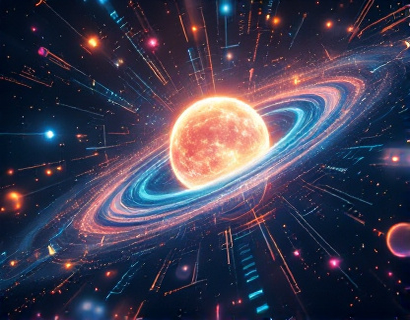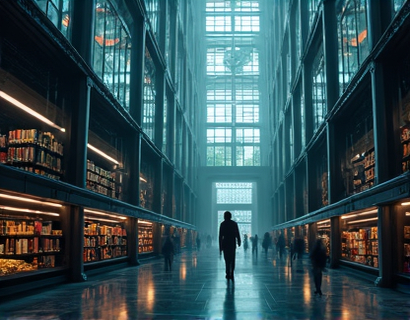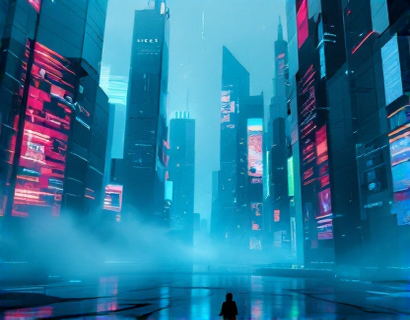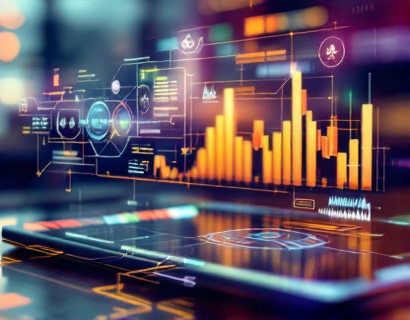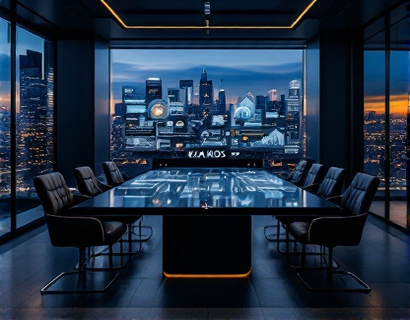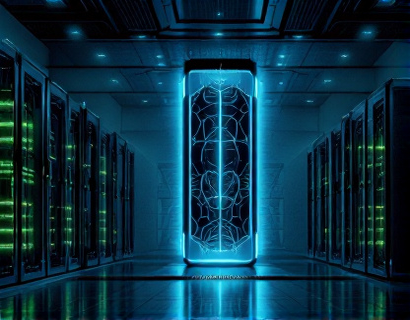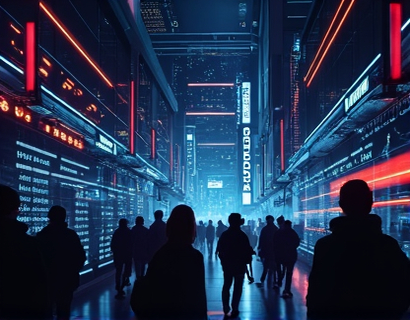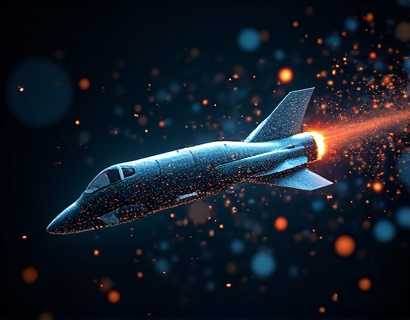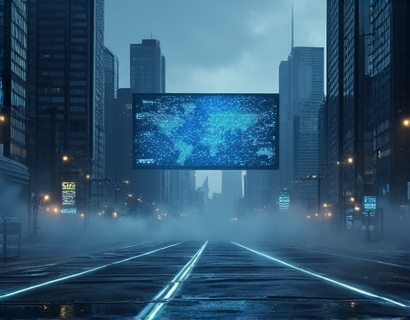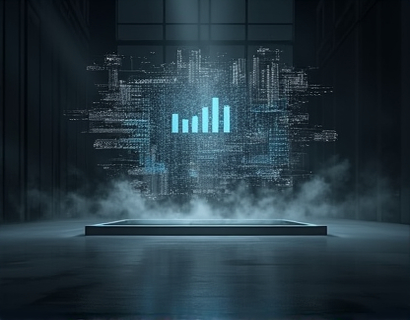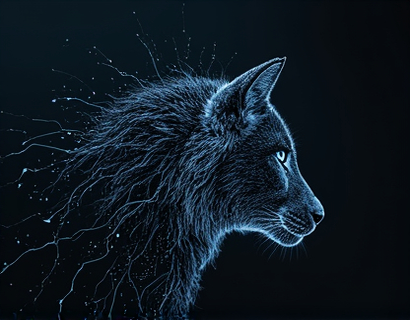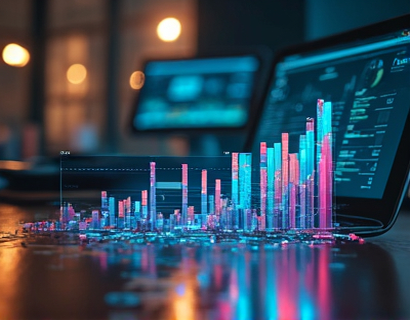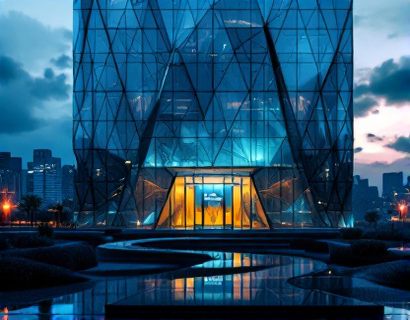AI-Powered Creativity Transformation: Revolutionizing Film, Music, and Gaming Production with Advanced Technology Solutions
The entertainment industry is undergoing a profound transformation driven by the integration of Artificial Intelligence (AI) technology. This shift is not merely an incremental update but a revolutionary change that is redefining how creativity is expressed, projects are managed, and content is produced across film, music, and gaming sectors. AI is not just a tool but a catalyst that enhances human creativity, optimizes production processes, and streamlines project management, enabling professionals to achieve unprecedented levels of success and set new industry standards.
Enhancing Creativity in Film Production
In the realm of film production, AI is transforming the creative process from scriptwriting to post-production. AI algorithms can analyze vast amounts of data to suggest plot developments, character arcs, and even dialogue, providing filmmakers with innovative ideas and insights. For instance, AI can generate multiple script versions based on successful patterns from previous hits, helping writers refine their stories and ensure they resonate with modern audiences. This not only speeds up the writing process but also enriches the narrative quality.
Moreover, AI-driven visual effects (VFX) are revolutionizing the way films look and feel. Advanced AI algorithms can create hyper-realistic environments and characters, reducing the time and cost traditionally associated with manual VFX work. These technologies can simulate complex scenes, from epic battles to intricate special effects, with a level of detail and fluidity that was previously unattainable. This capability allows directors and visual artists to push the boundaries of storytelling, creating immersive experiences that captivate audiences.
Optimizing Music Production
The music industry is equally benefiting from AI integration, particularly in the areas of composition, production, and distribution. AI tools can assist composers in generating new melodies, harmonies, and even entire tracks, offering a collaborative creative partner that can inspire and augment human creativity. These tools analyze musical patterns and trends, suggesting novel combinations and structures that might not have been considered otherwise. This not only accelerates the composition process but also introduces fresh sounds and styles, keeping music dynamic and engaging.
In music production, AI is streamlining the recording and mixing processes. Machine learning algorithms can automatically adjust levels, equalization, and compression, ensuring a polished final product with minimal manual intervention. This efficiency allows producers to focus more on the creative aspects of music making, such as arranging and lyric writing, while AI handles the technical refinements. Additionally, AI-powered mastering tools can optimize tracks for various playback systems and formats, ensuring consistent sound quality across different platforms.
Revolutionizing Gaming Development
In gaming, AI is transforming both the development and player experience. During the development phase, AI can automate repetitive tasks such as level design, NPC behavior, and asset generation, allowing developers to allocate more time to creative and strategic elements. AI algorithms can analyze player data to dynamically adjust game difficulty, ensuring an optimal challenge level for each player. This adaptive difficulty not only enhances player engagement but also extends the game's lifespan by providing a personalized experience.
Moreover, AI-driven NPCs (non-player characters) can exhibit more realistic and varied behaviors, creating more immersive and believable game worlds. These NPCs can learn from player actions, adapt their strategies, and even form relationships with players, adding depth and emotional resonance to the gaming experience. The use of AI in procedural content generation allows for the creation of vast, unique worlds that can be endlessly explored, offering a level of replayability that traditional methods cannot match.
Streamlining Project Management with AI
Beyond creative and production aspects, AI is also optimizing project management in the entertainment industry. AI-powered project management tools can predict potential bottlenecks, allocate resources more efficiently, and provide real-time insights into project progress. These tools analyze historical data and current trends to forecast timelines, budgets, and resource needs, helping project managers make informed decisions and adjustments as needed. This proactive approach ensures that projects stay on track, reducing delays and cost overruns.
Collaboration is another area where AI shines. AI-facilitated communication platforms can analyze team interactions, identify communication gaps, and suggest improvements. By fostering better collaboration and transparency, these tools help break down silos and enhance overall team productivity. AI can also assist in talent management by matching skills with project requirements, streamlining the hiring process, and ensuring that the right people are in the right roles at the right time.
Setting New Industry Standards
The integration of AI in film, music, and gaming is not just about enhancing existing processes but about setting new industry standards. As these technologies become more sophisticated and widely adopted, they are redefining what is possible in entertainment creation. The ability to generate high-quality content more efficiently and cost-effectively means that smaller studios and independent creators can compete on a more level playing field with larger production houses. This democratization of tools and technology is fostering innovation and diversity in the industry.
Moreover, AI is driving the development of new formats and experiences. In film, AI-generated content can lead to the creation of interactive narratives and personalized viewing experiences. In music, AI-composed tracks can blend genres in ways that human composers might not consider, leading to novel and exciting sounds. In gaming, AI can create dynamic storylines and adaptive gameplay mechanics that evolve with the player, offering a level of immersion and engagement that traditional games cannot match.
Challenges and Considerations
While the benefits of AI in the entertainment industry are significant, there are also challenges and considerations to address. One major concern is the potential loss of jobs due to automation. However, rather than replacing human creatives, AI is more likely to augment their roles, freeing them to focus on higher-level creative decisions and strategic planning. Another consideration is the ethical use of AI, ensuring that algorithms are transparent, unbiased, and respect creative integrity. The industry must also address issues related to data privacy and security, as the use of AI often involves handling large amounts of sensitive information.
To fully harness the potential of AI, the industry needs to invest in education and training, equipping professionals with the skills to work alongside these advanced technologies. Collaboration between technologists, creatives, and industry experts will be crucial in developing AI solutions that truly enhance the creative process without compromising the unique human touch that defines great entertainment.
In conclusion, AI is not just a tool but a transformative force in the entertainment industry. By enhancing creativity, optimizing production, and streamlining project management, AI is enabling filmmakers, musicians, and game developers to push the boundaries of what is possible. As these technologies continue to evolve, they will undoubtedly set new standards and open up exciting new possibilities, ensuring that the future of entertainment is as innovative and captivating as ever.



